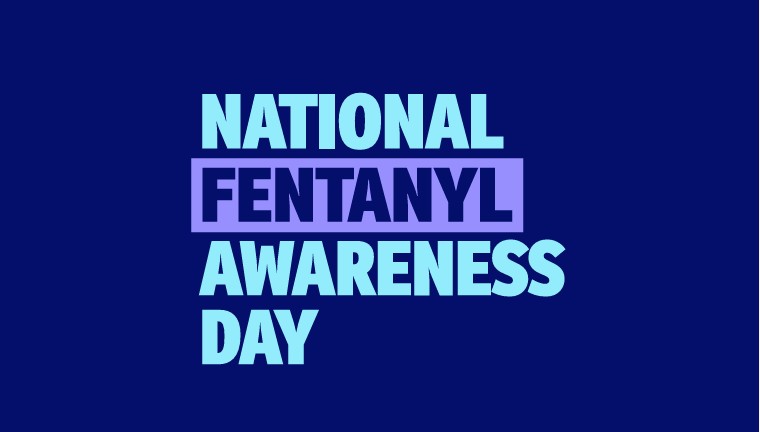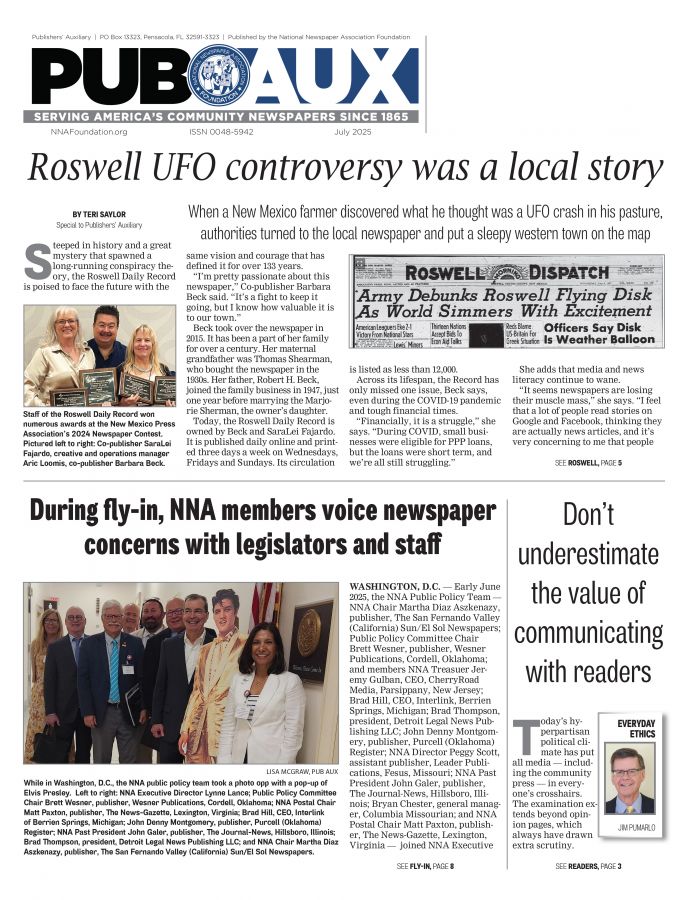Man who says he stole Ouray newspapers is not associated with suspects or police
Feb 1, 2024
COREY HUTCHINS
Inside the News in Colorado
Last week, the subject this newsletter led with (about 200 stolen newspapers in Ouray County, Colorado, following a front-page story about rape allegations against teenagers at the home of a police chief) went viral (https://bit.ly/3Oi5uVZ).
From the New York Times to ABC News, outlets far and wide reported the story in the context of efforts to silence the press. The news even reached the U.K. This newsletter was careful last week not to state that the stolen newspapers were related to that particular story. But it wasn’t a stretch to wonder if whoever did it might have been associated with the suspects or police.
Days later, Paul Choate, a 41-year-old Ridgway restaurant owner who admitted to stealing them, said it was indeed the story in the Ouray County Plaindealer that included graphic details of an alleged rape of a 17-year-old girl that led him to take the papers. But there was a twist: he wanted to make clear he was not associated with any of the suspects or with law enforcement.
In a statement to 9NEWS, he said (https://bit.ly/3HysUT3), in part:
My motivation behind this is to bring to light that no details in any victims statements and interviews should be posted without their consent. Specifically, I was appalled by the graphic details reported; I would never want this information to come out about someone I cherish. It was irresponsible to publish this without the consent of the victim and without links to resources.
The Plaindealer’s two owners, Erin McIntyre and Mike Wiggins, released their own statement (https://bit.ly/48SXmDt) this week. Here’s part of it:
We need you to know that, prior to publishing the stories on the alleged rape case, we communicated with a person who has been supporting the victim. She agreed to speak with the victim and provide a copy of the affidavit we received to her, and review the details so the victim would not be surprised by what was coming in the paper. We did this before the story was published. We did not hear anything from the victim before the story was published.
They also said Choate has been a frequent critic of the newspaper’s accountability coverage in the past, saying, “Simply put, Paul Choate had a grudge against the Plaindealer before we wrote this story.” Choate himself told (https://bit.ly/3UeeI9i) Reuben M. Schafir of the Durango Herald that “he has lived in Ouray County since 2001 and has disagreed with several choices made by the paper’s publishers.”
More from the Plaindealer statement:
Paul Choate’s decision to steal the newspapers created a situation where he has caused more harm. As a result, the story he didn't want people to read in a county of 5,000 has reached a national audience. And the Plaindealer has been dragged into a story it would much rather cover than be a part of.
The publicity brought in at least $6,000 in donations to the Plaindealer from at least 135 people within a matter of days as the story spread nationally, according to the newspaper’s partner Report for America.
On Thursday, January 25, the Plaindealer published a column with more transparency about their process for reporting the news — and becoming the news. On the front page, below the fold and under a headline “The local news minefield: tough decisions, lessons learned,” they acknowledged some things they could have done differently.
From the column (https://bit.ly/3u7fYk4):
We apologize to the victim in this case for any harm that came from our reporting. We tried to give her advance notice — and gave a copy of the affidavit to a liaison who agreed to share the public document with the victim so she could be prepared for details to be published in the story before it was printed. We now know that did not happen prior to publication.
From now on, we commit to communicating directly with the victim, to notify her before additional articles are published as we cover this important case. We did not intend to blindside her. We are sorry. In retrospect, we also wish we had provided information on resources and assistance for anyone who may have needed it, and an editor’s note notifying readers that the story contained disturbing details of an alleged sexual assault.
We have also consulted with resources on reporting these kinds of stories from the Dart Center for Journalism and Trauma, and continue to learn more. These are all best practices we are adopting for future stories. We heard you, and we are committed to improving our reporting with greater awareness of the impact descriptions can have, particularly on those who have been victimized.
But they also stuck to their guns about the importance of publishing the story, writing, among other things, “we will not shy away from reporting these difficult, disturbing stories. If they get swept under the rug, nothing ever changes.” Their job, they said, “is to reflect the community. But when we don’t like what we see in the mirror, it’s important to change that reflection. We do that through full and honest reporting so the community can start to address the real problem.”
On Thursday, I spoke on the radio with KUNC’s Erin O’Toole and Robyn Vincent about a broader context for this story involving small-town journalism. Listen here (https://bit.ly/4bfB9kO).










